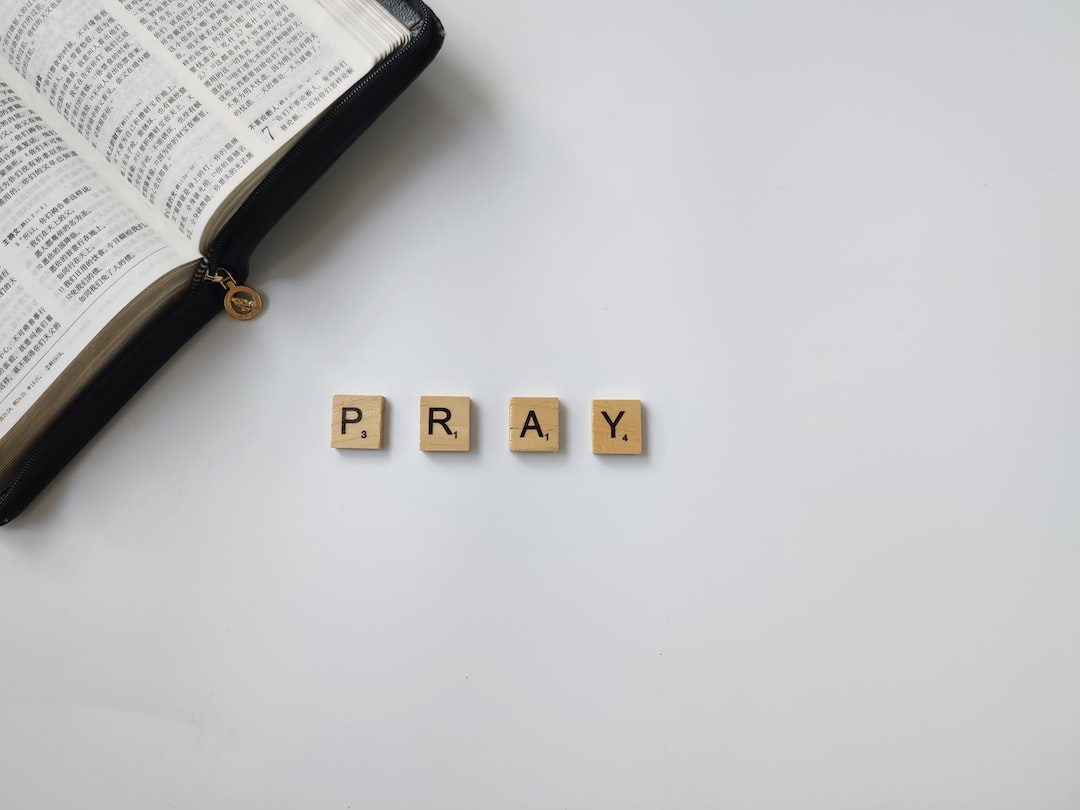Exploring the Significance of Rituals in Religious Practices
Rituals, a fundamental aspect of religious practices across cultures and civilizations, hold immense significance. They are more than just a set of actions or ceremonies; they encompass deep meanings, values, and beliefs within religious communities. From small personal rituals to grand communal celebrations, these practices play a vital role in connecting individuals to their faith, preserving cultural heritage, and fostering a sense of belonging. In this blog post, we will explore the significance of rituals in religious practices, providing insights into their historical, psychological, and sociological aspects.
Historically, rituals have existed since the dawn of humanity. They have served as a means of connecting individuals to their spiritual realm and providing a sense of order and structure within their lives. They act as a form of communication with the divine, allowing individuals to express their beliefs, seek guidance, and find solace. Rituals often stem from ancient traditions and hold historical importance, preserving the cultural and religious heritage of communities across generations. By participating in these rituals, individuals connect with their ancestors, understanding and cherishing their roots.
Psychologically, rituals play a significant role in religious practices by providing a sense of comfort, security, and stability. They offer a structured and predictable framework within which individuals can make meaning of life’s uncertainties, navigate challenging circumstances, and find solace in times of distress. Psychological studies suggest that rituals have a calming effect on the mind, reducing anxiety, and creating a sense of control. They instill a feeling of continuity and purpose, allowing individuals to find a sense of identity and belonging within their religious community.
Moreover, rituals contribute to maintaining communal unity and social cohesion within religious practices. They serve as a common ground that brings individuals together, fostering a sense of community and shared identity. By participating in rituals as a group, individuals bond with one another, creating a sense of belonging and support network. Furthermore, rituals often involve acts of kindness, charity, and selflessness, promoting a spirit of giving and empathy within religious communities. Through these communal rituals, individuals strive to strengthen their relationship not only with the divine but also with their fellow believers.
Rituals offer believers a tangible way to express their faith and devotion. Be it through prayers, meditations, or physical acts, rituals allow individuals to embody their connection to the divine. By participating in these actions, believers feel a sense of sacredness and transcendence, enabling them to experience the divine presence within their lives. The repetitive nature of rituals also serves as a reminder of one’s spiritual path and commitment, reinforcing the teachings and values of the religious tradition.
Furthermore, rituals shape and define religious identities. They provide a framework for individuals to understand and practice their beliefs, customs, and traditions. Through rituals, individuals learn the values, norms, and practices associated with their faith. They become a form of socialization, passing on cultural and religious heritage from one generation to the next. Rituals serve as a marker of religious affiliation, distinguishing one religious group from another. They hold immense symbolic power, representing the essence of a religious tradition and uniting individuals under a shared set of beliefs.
In conclusion, rituals play a vital role in religious practices, serving as a means of connecting individuals to their faith, spirituality, and religious communities. Whether through providing historical context, psychological comfort, social cohesion, or a way to express devotion, rituals hold immense significance. They offer a tangible way for individuals to make sense of the divine, preserve cultural heritage, and reinforce religious identities. Ultimately, rituals bridge the gap between the mundane and the transcendent, creating a profound and meaningful experience within religious practices.

